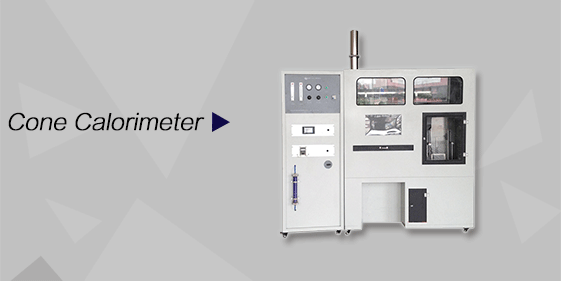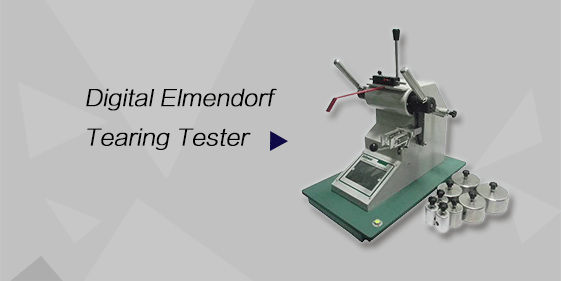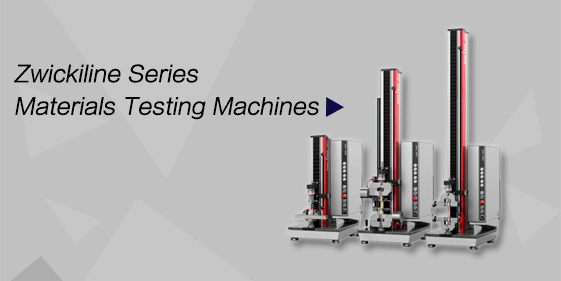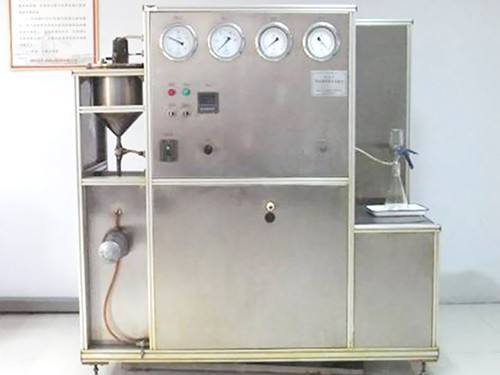Search keywords:
product name, product type, model number,
test method, manufacturer, technique, application
Capillary Flow Porometer
BACKStandards:
Applications:
The PMI Capillary Flow Porometer is used for R&D and quality control in industries worldwide such as filtration, nonwovens, pharmaceutical, biotechnology, healthcare, household, food, hygienic products, fuel cell, water purification, and battery. Samples often tested include filter media, membranes paper, powders, ceramics, battery separators and health care products.
Product Information:
Introduction
Advanced Capillary Flow Porometers yield very objective, accurate and reproducible results, considerably reduce test duration, and require minimal operator involvement. Advanced Porometers are fully automated and are designed for Linear turbulence-free test gas flow. The pressure is measured close to the sample and therefore, the correction term in the differential pressure measurement is minimized. Required amount of pressure is uniformly applied on the O-ring seals on the sample and the need for hand tightening the cap on the sample chamber to apply pressure on the O-ring is eliminated. Automatic addition of wetting liquid reduces test time appreciably. This sophisticated instrument has found applications in a wide variety of industries.
Operation Principle
A wetting liquid is allowed to spontaneously fill the pores in the sample and a nonreacting gas is allowed to displace liquid from the pores. The gas pressure and flow rates through wet and dry samples are accurately measured. The gas pressure required to remove liquid from the pores and cause gas to flow is given by
D = 4 g cos q / p
where D is the pore diameter, g is the surface tension of liquid, q is the contact angle of liquid, and p is the differential gas pressure. From measured gas pressure and flow rates, the pore throat diameters, pore size distribution, and gas permeability are calculated.
Features
· Tests under tensile force, compression, or elevated temperature to simulate the actual operation conditions.
· Determination of gas permeability of almost impermeable samples (microflow permeability).D = 4 g cos q / p
where D is the pore diameter, g is the surface tension of liquid, q is the contact angle of liquid, and p is the differential gas pressure. From measured gas pressure and flow rates, the pore throat diameters, pore size distribution, and gas permeability are calculated.
Features
· Tests under tensile force, compression, or elevated temperature to simulate the actual operation conditions.
· Window-based software processes all control, measurement, data acquisition and report output. It can also be fully controlled manually.
· Compatible with Windows 95 or higher .
· Real-time graphical display test status and results during the operation.
· Non-destructive tests.
· About 10 minutes of test duration.
· Samples with large range of size and different types are acceptable.
· See-through sample chamber for visual observation of test available.
· Minimal maintenance required.
Technical Parameters
| Items | Parameters |
| Pore size range | 0.013-500μm |
| Permeability range | 1 x 10-10, 1 x 10-6 (microflow at cc/sec/m/torr) |
| Sample size | 0.5" - 2.5"diameter |
| Pressure range | 0-500psi |
| Pressurized gas | Clean, dry, compressed air or non-flammable, non-corrosive gases |
| Pressure transducer range | 0-500psi |
| Resolution | 1/60000 |
| Accuracy | 0.15% of reading |
| Mass flow transducer range | 10 cc/minute - 500 L/minute |
| Power requirement | 110/220 VAC, 50/60 Hz (Other power sources can be used ) |
| Dimension | 30" H x 19" W x 18.5" D |
| Weight | 100Ibs |







